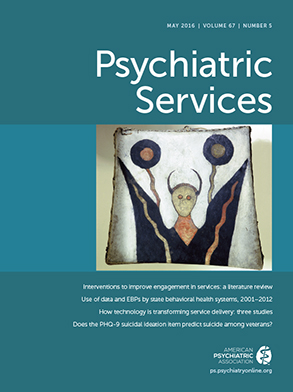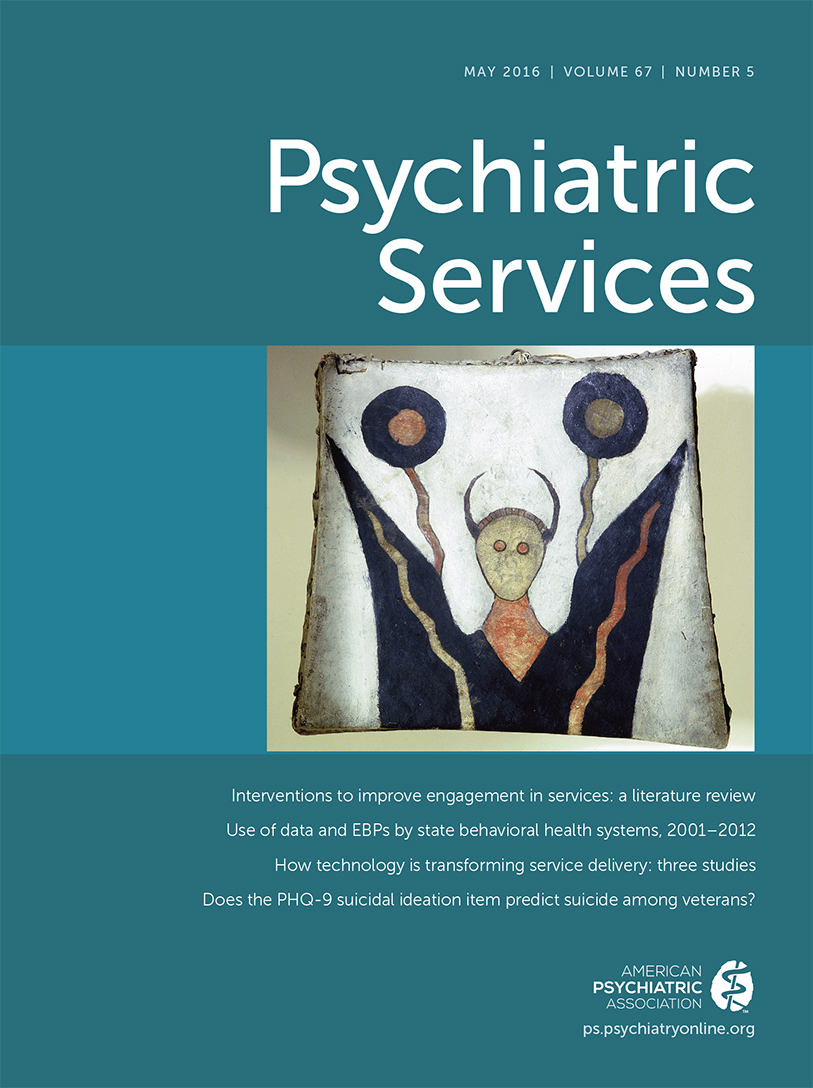Instead of traditional treatments that target acute, overt behavioral symptoms, many people with serious and persistent mental illness, such as schizophrenia, need more holistic, complementary approaches that consider the person over the life cycle. This assertion is based on our reflections on more than 100 years of collective clinical experience and more than 30 years of collective forensic experience in a variety of practice settings, where we have found that even though many patients have long histories of pharmacological and psychosocial interventions, they continue to have challenging and seemingly chronic mental disorders, to experience the same “problematic” symptoms, such as delusions and hallucinations, and to display the same “distressing” behaviors.
From a medication practice perspective, this state of affairs often results in overmedication and overconfidence in the benefit of frequent medication adjustments, in the belief that only a proper medication adjustment protocol can reduce or eliminate the “targeted” symptoms and behaviors. From a psychosocial-intervention perspective, it generates a sense of frustration, not only for patients but also for significant others involved in their care. Clinicians and others in the helping professions often find themselves harboring beliefs that these patients have failed to take advantage of the services being provided and that the mental health community and society at large have failed to make appropriate services available. The dynamics of “blaming the victim” or “blaming the prescriber” often result in therapeutic approaches tailored to individual patients that begin with great expectations and then morph into finger pointing and iatrogenic demoralization. There is often little acknowledgment of possible limitations in current medication or psychotherapy practices and of the need to focus on the best possible management of patients’ clinical conditions given these limitations.
We believe that for many people with serious and persistent mental illness, “targeted symptoms” for “intervention,” such as hallucinations and delusions, may have acquired the characteristics of entrenched behavioral habits and may serve as unique personal adaptations to perceived psychic stress and existential anxiety. Therefore, these entrenched habits and symptoms may not be amenable to change through current psychiatric practice. This is not to deny that such patients may well be capable of demonstrated clinical progress resulting from other interventions and supports.
When entrenched behavioral symptoms are not the “direct target” of interventions, we believe that clinicians have the opportunity to develop a more nonjudgmental empathy and understanding of the sources of psychic distress and “dysphoria” that these patients often experience. Even though clinicians recognize that effective clinical management for some patients involves use of medication (ensuring minimal side effects) to stabilize mood and calm signs of agitation that often trigger or are associated with “distressing behavior symptoms,” clinicians may also need to undertake an eclectic psychosocial intervention. Such an intervention may include traditional counseling that involves supportive listening and empathy for recognizing subtle emotional cues as precursors of behavioral symptoms. It may also involve understanding how best to deal with the universal experience of existential anxiety and uncertainty, how to use various mind stimulation and relaxation techniques, and how to employ positive-redirection strategies to help patients create productive daily routines and to promote adaptive thinking, feeling, and behavior in relation to current life circumstances. Clinicians need to acknowledge that many patients with long histories of mental illness may not have the capacity to internalize therapeutic experiences to the extent that they can translate them into behavior change outside the therapy setting. Therefore, an effective “therapeutic social milieu,” in which patients, service providers, and “the community” are viewed as a collaborative team, is critical to the recovery process. Clinical intervention efforts need to be directed at promoting self-observation of affects and transient states of mind, along with the reality of transience itself, and at facilitating ownership of thoughts, feelings, and fantasies. Such efforts will promote autonomy and a positive self-image, with less identification with the “illness-dependent persona.” We believe that this view is consistent with the current “positive mental health movement, which is characterized by the emergence of worldwide networks of “hearing voices” support groups and advocacy for destigmatization of mental illness and for increased funding of mental health services and research.
For younger mental health professionals entering the field, we believe that working with individuals who have severe and persistent mental illness will be highly stimulating and challenging, because such work will require much discovery of innovative practices and knowledge.

